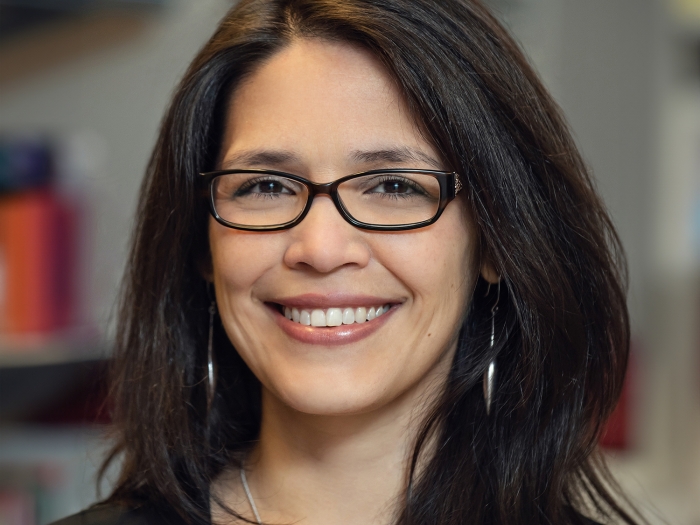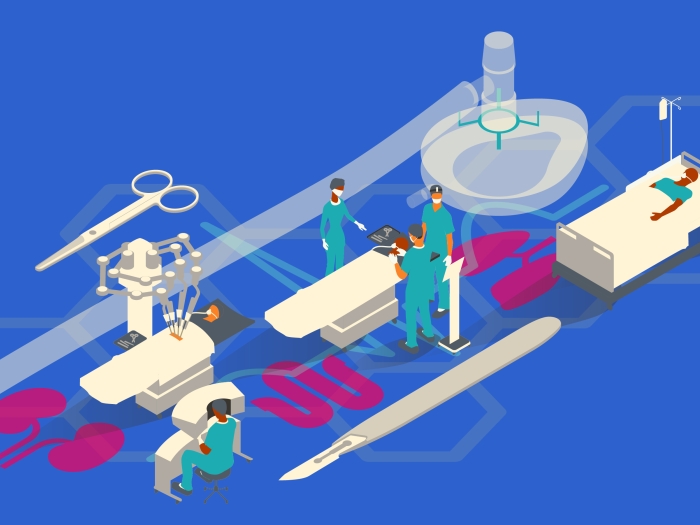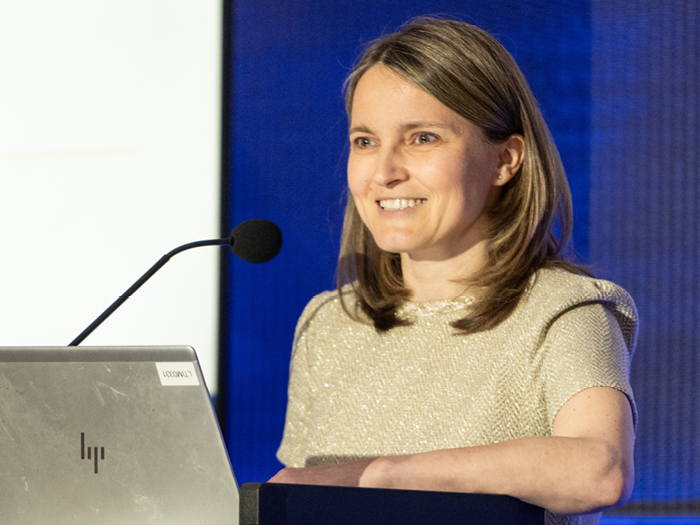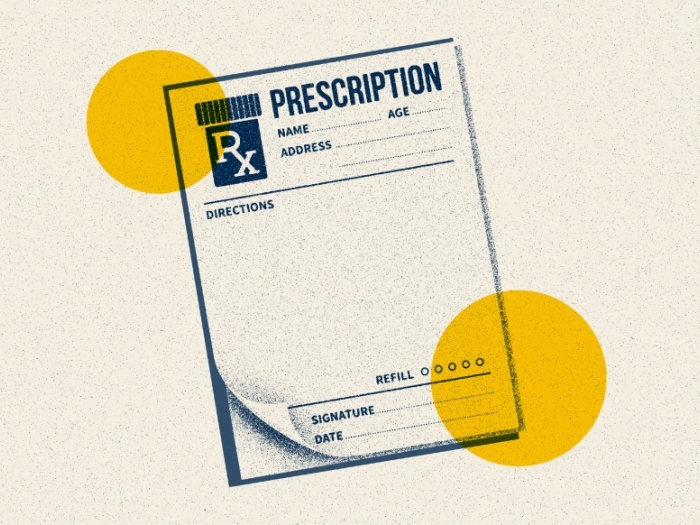Although I can no longer play Liszt etudes or Rachmaninoff piano concertos with the ease that I once had, my deep appreciation for music and piano has continued to be fostered throughout medical school.
On several occasions on the orthopedic surgery residency interview trail, I was asked by faculty, "if you had to choose a career outside of medicine, what would it be?" Without hesitation, I would answer: a concert pianist. In fact, for college, I applied to both music conservatories and normal universities. I won several international piano competitions, made my concerto debut with the Indianapolis Symphony Orchestra, performed in recitals at Carnegie Hall, France, and Poland. I ended up attending MIT for college majoring in chemistry, but I continued to study piano at MIT and the New England Conservatory of Music in Boston and performed a concerto with the MIT Symphony Orchestra. After college, I spent a year in Poland on a Fulbright Scholarship doing chemistry research, while also studying Polish classical piano music at the Chopin University of Music in Warsaw.
In medical school, I sought out ways to incorporate music with medicine. The University of Michigan Medical School has a unique program called the Medical Arts Program (MedArt), one of the few programs in the country that connects medical students, residents and faculty to the humanities and the arts. As a first-year medical student, I performed in the Medical Arts Program Artists' Guild Showcase, which is an opportunity for medical student artists, poets, dancers and musicians to perform at the Kerrytown Concert House in downtown Ann Arbor. I performed Libertango, a piano duet by Astor Piazzola, with a fellow medical school classmate, and Chopin Nocturne Op. 48, No. 1 in C Minor. I enjoyed having the opportunity to perform with my classmates and watch the performances of the numerous, multi-talented medical students at University of Michigan.
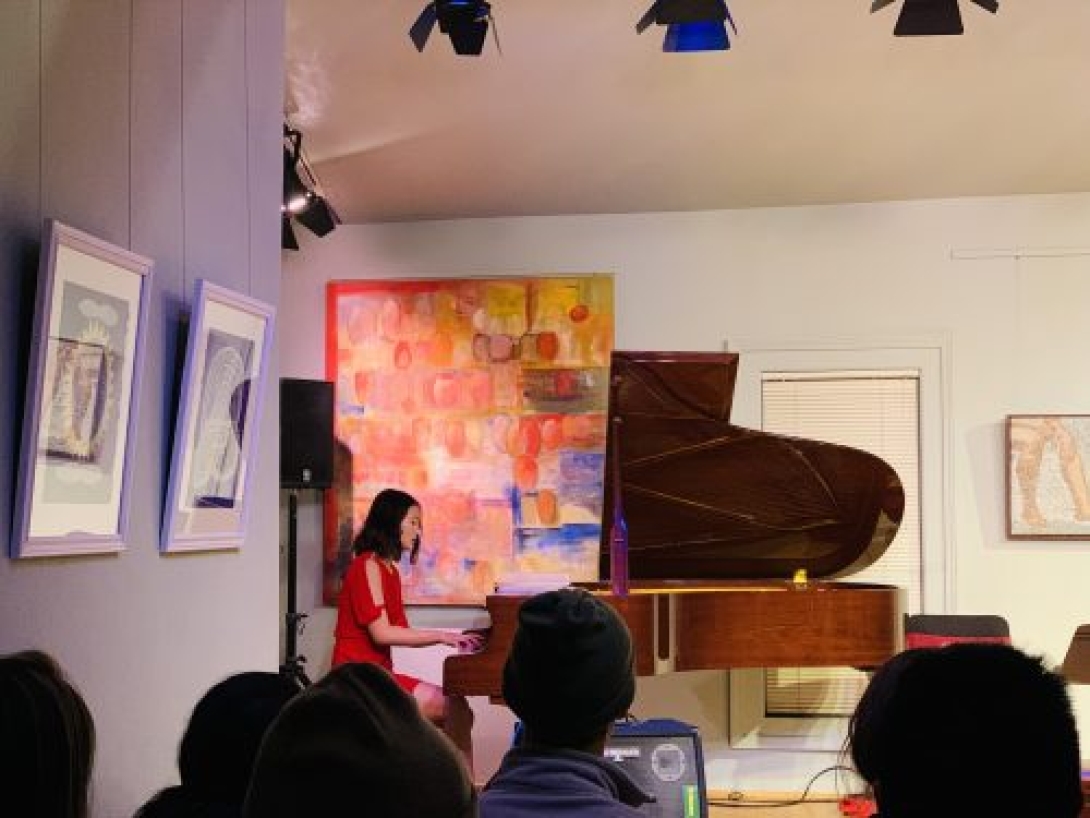
Every year, the Department of Anatomical Sciences at the University of Michigan Medical School, organizes a memorial service to honor donors and their families, and thank them for the gift of knowledge. The ceremony is an opportunity for students, faculty and family to remember the donors through experiences of gratitude. In addition to spoken word, my classmates and I wanted to express our gratefulness to the donors and their families through music. Through coordination with the anatomy faculty, we performed songs on the piano, cello and voice for the 2020 memorial service.
While learning medicine, I also wanted to maintain my piano skills. Practicing piano and studying new piano compositions was therapeutic as I navigated medical school. After spending hours on my computer flipping through Anki flashcards and solving UWorld questions for shelf exams, I would head over to the School of Music's Earl V. Moore Building to practice piano alongside music students. I loved hearing the kaleidoscope of melodies from various instruments in the hallway as I entered the music building. Through the University of Michigan School of Music, Theatre and Dance (SMTD), U-M students from other departments, including the medical school, are able to take private instrumental and voice lessons from master's and PhD students in the SMTD. I participated in biweekly, private piano lessons with a student in the SMTD completing her PhD in classical piano performance. During medical school, I studied Debussy Prelude No. 2, Voiles, the 1st movement of Schumann Piano Concerto in A minor, and Rachmaninoff Prelude Op. 3 No. 2. In contrast to being in the operating room, I would sit in front of a piano to focus on perfecting a difficult chord progression, phrasing the theme of a piece with affettuoso, and singing along to a beautiful tune in bass clef.
As a fourth-year medical student, I played the piano in the band for the Smoker, a beloved, annual musical parody of life at the University of Michigan Medical School that is written, directed, produced and performed by medical students. Medical students across all classes come together to sing, dance, act, design, write and perform in the Smoker. The 2023 Smoker was based off of the movie Shrek and titled "VaSHREKtomy." The band played a wide genre of music, including songs by Smash Mouth, Van Halen and Dr. Dre. Being in the Smoker band was a highlight of my time in medical school (shout out to my bandmates!).
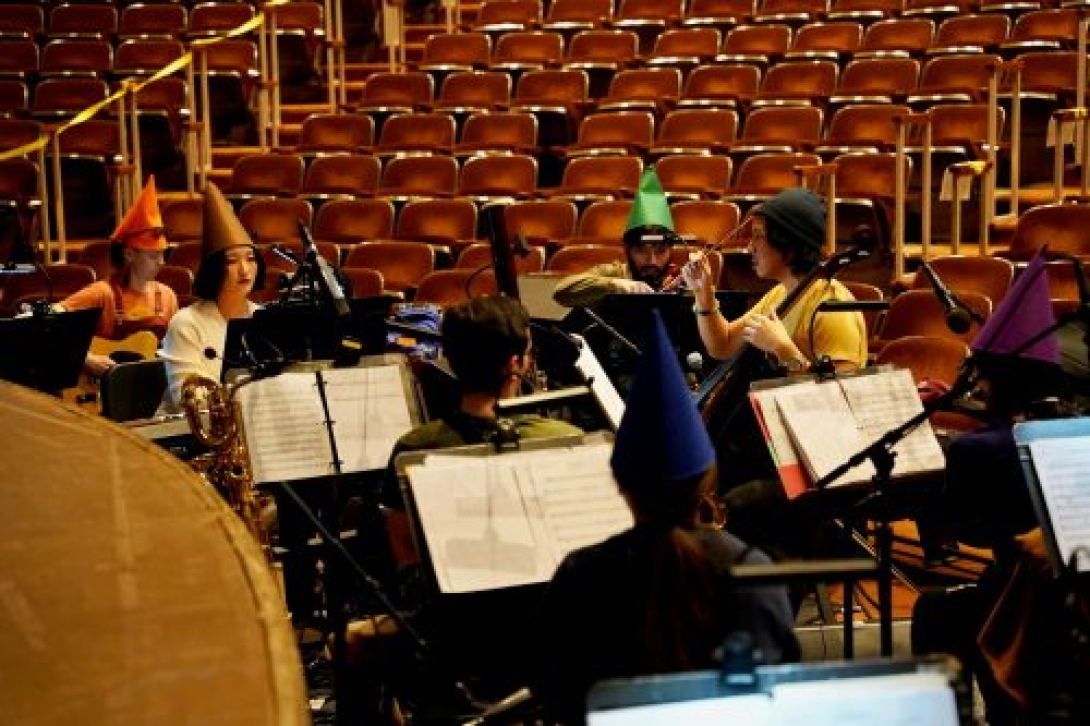
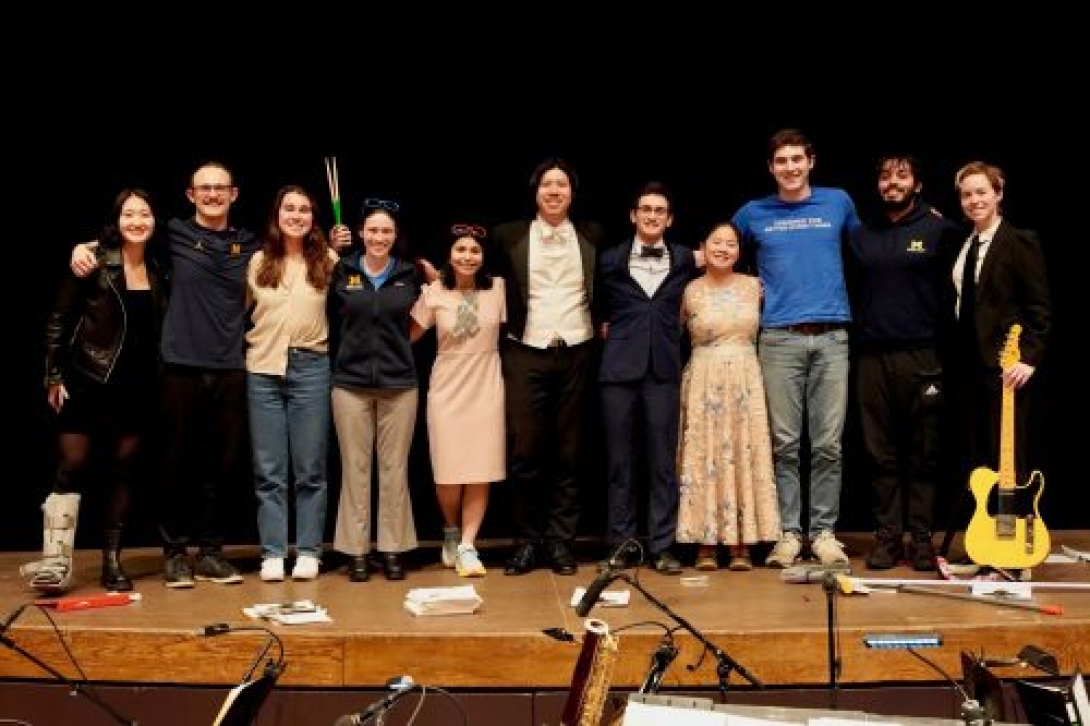
University of Michigan Medical School
Want top health & research news weekly? Sign up for Health Lab’s newsletters today!
